![A transport of Jewish prisoners marches through the snow from the Bauschovitz train station to Theresienstadt. [LCID: 69720]](https://encyclopedia.ushmm.org/images/large/781755a6-1ba5-4d8e-8b2b-9f25bdf3687f.jpg)
Browse an alphabetical list of articles about the Holocaust and World War II. Learn more about topics such as the Nazi rise to power, how and why the Holocaust happened, life in Nazi camps and ghettos, and the postwar trials.
<< Previous | Displaying results 26-37 of 38 for "Article" | Next >>
Communist ideas spread rapidly in Europe during the 19th and 20th centuries, offering an alternative to both capitalism and far-right fascism and setting the stage for a political conflict with global repercussions.
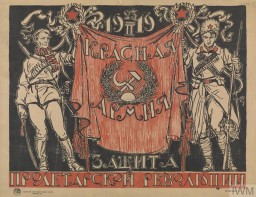
The Nazi regime's extensive camp system included concentration camps, forced-labor camps, prisoner-of-war camps, transit camps, and killing centers.
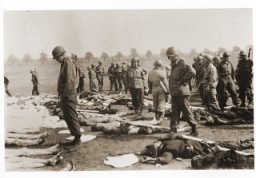
Learn about early concentration camps the Nazi regime established in Germany, and the expansion of the camp system during the Holocaust and World War II.
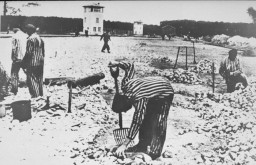
As Germany conquered much of Europe, the concentration camp system expanded in size, function, and number of prisoners. Learn about concentration camps from 1939–1942.
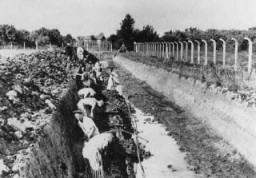
Learn about the Nazi concentration camp system between 1942 and 1945. Read about forced labor, evacuations, medical experiments, and liberation during this period.
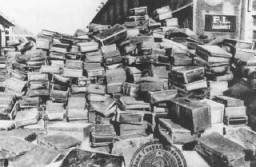
Each cookbook or recipe in the Museum’s collection tells a story. Learn more about the significance of these documents during the Holocaust.
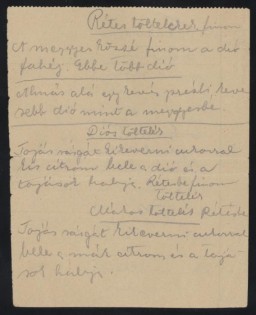
Corrie ten Boom was recognized as a Righteous Among the Nations for her efforts to shelter Jews during the German occupation of the Netherlands.
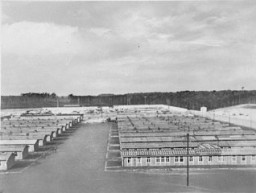
After WWII, many Holocaust survivors, unable to return to their homes, lived in displaced persons camps in Germany, Austria, and Italy. Read about Cremona DP camp.
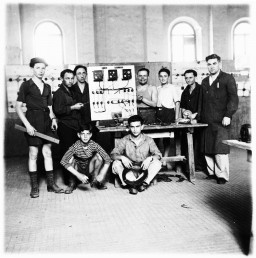
In Nazi Germany, a chief role of culture was to disseminate the Nazi worldview. Arts and cultural organizations were to be synchronized with Nazi ideology and policy.
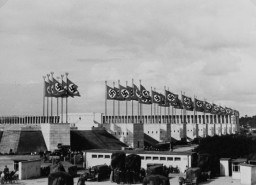
Nazi leaders aimed to change the cultural landscape through the "synchronization of culture," by which the arts were brought in line with Nazi ideology and goals.
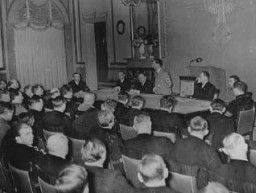
In 1946-48, the British government intercepted tens of thousands of Holocaust survivors seeking to reach Palestine and held them in detention camps on Cyprus.
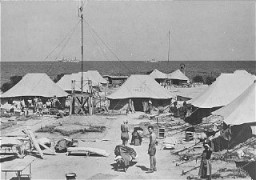
Learn more about pre-World War II Czechoslovakia and about the annexation of Czechoslovak territory by Nazi Germany in 1938.
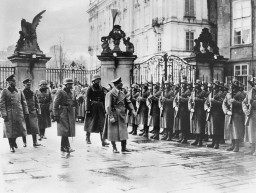
We would like to thank Crown Family Philanthropies, Abe and Ida Cooper Foundation, the Claims Conference, EVZ, and BMF for supporting the ongoing work to create content and resources for the Holocaust Encyclopedia. View the list of donor acknowledgement.